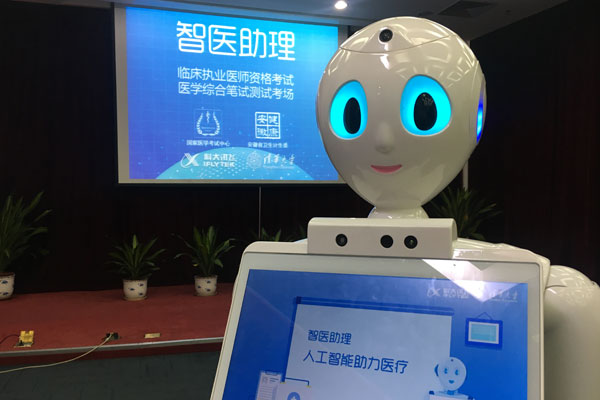ISLAMABAD, Dec. 6 – “China has been a major player in the global Artificial Intelligence (AI) landscape, with significant investments and advancements in AI research, development, and deployment. By collaborating with China, Pakistan can accelerate its journey towards adopting and implementing cutting-edge AI technologies,”highlighted Ammara Aftab, founder of Pro AI think tank.
Aimed at bringing together the world’s foremost AI experts on a single, dynamic platform, the Pro AI think tank envisions a future where the brightest minds in AI converge to exchange ideas, share knowledge and embark on collaborative ventures that push the boundaries of what AI can achieve.
Through her years of experience in the industry, Ammara Aftab noticed that despite the broad spectrum of technological discussions, there was a distinct absence of events dedicated to AI. She noted that “the cooperation between China and Pakistan in the field of artificial intelligence holds significant strategic, economic, and technological importance. This collaboration can bridge the gap and foster mutual benefits for both countries and contribute to the global landscape of AI development.”
Recognizing the significance of developing AI as an emerging field, the Pakistani government has announced to finalize its first AI policy this month. Pakistan’s Ministry of Planning also acknowledged in April that the incorporation of AI in different government sectors would lead to better decision-making processes, personalized medical treatments, and enhanced learning experiences and solutions that were previously unattainable.
Ammara Aftab noted that China has demonstrated a strong commitment to become a global leader in AI. It is worth mentioning that China has made strides in implementing AI technologies across industries, including healthcare, finance, manufacturing and transportation. The integration of AI into smart cities and the development of 5G infrastructure have further contributed to the widespread adoption of AI applications.
“Besides, China has actively engaged in international collaborations in AI research and development. Partnerships with global institutions and participation in international conferences have facilitated knowledge exchange and contributed to the global AI community,” she added, “Pakistan’s collaboration with China in AI can facilitate knowledge transfer and skill development. China’s expertise in AI can be instrumental in training and upskilling professionals in Pakistan.”
China-Pakistan relations have maintained a sound momentum of development and the two countries have enjoyed extensive cooperation in politics, economy and culture. Strengthening cooperation in the field of AI can further consolidate such cooperation and maintain peace and stability in the region. She underlined that “Pakistan has a large pool of talented and skilled individuals in the field of technology and computer science. By collaborating with Pakistan, China can gain access to a diverse talent pool and benefit from the expertise and knowledge of Pakistani professionals as well.”
Ammara Aftab pointed out that based on general trends and growing interest in AI cooperation, the two countries can collaborate in the areas of academic partnerships, corporate collaboration, government initiatives, international conferences and workshops, training and capacity building, startups and innovation hubs.
Considering possible challenges in AI, such as regulatory divergence, data privacy and security, ethical considerations, intellectual property protection, and cross-border collaboration complexity, the two countries can leverage the complementary expertise of China and Pakistan in AI research and application areas, providing an opportunity for a well-rounded collaboration to address a broader spectrum of challenges. “They can collaborate in joint research initiatives, skill development and training, policy alignment, market access, global influence, shared economic benefits.” Ammara Aftab concluded.

















